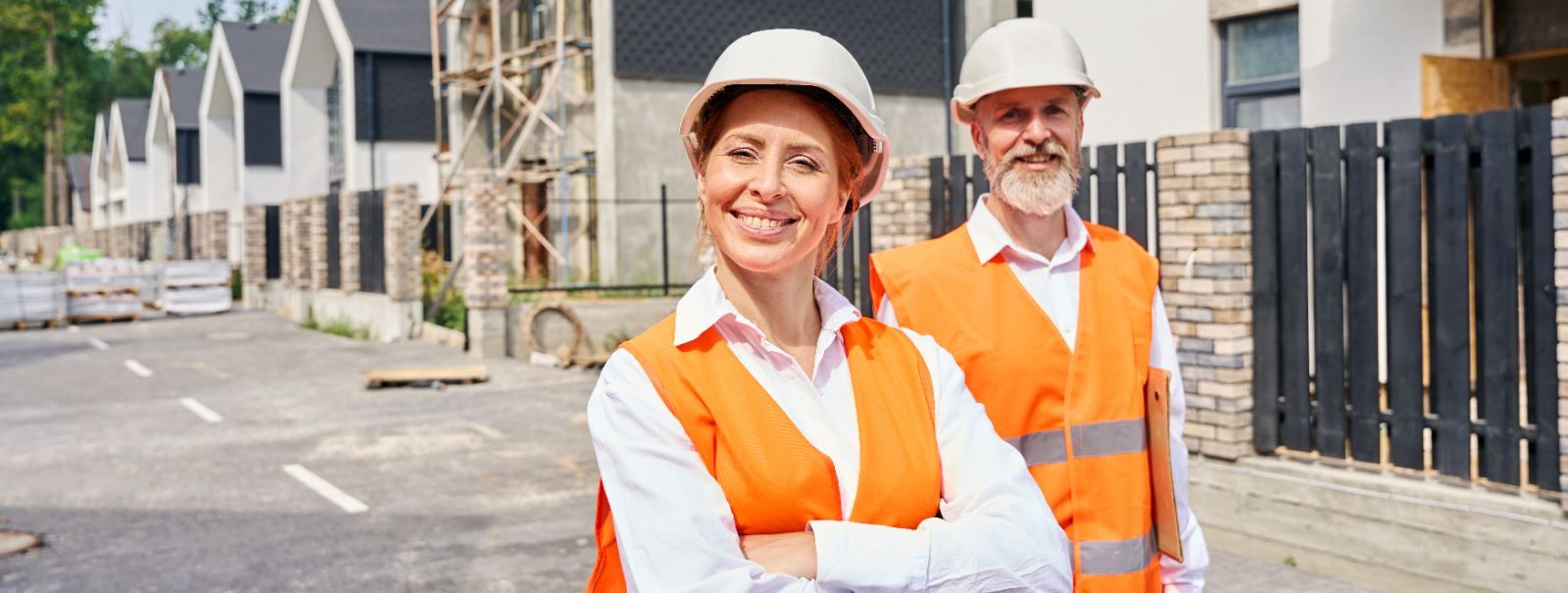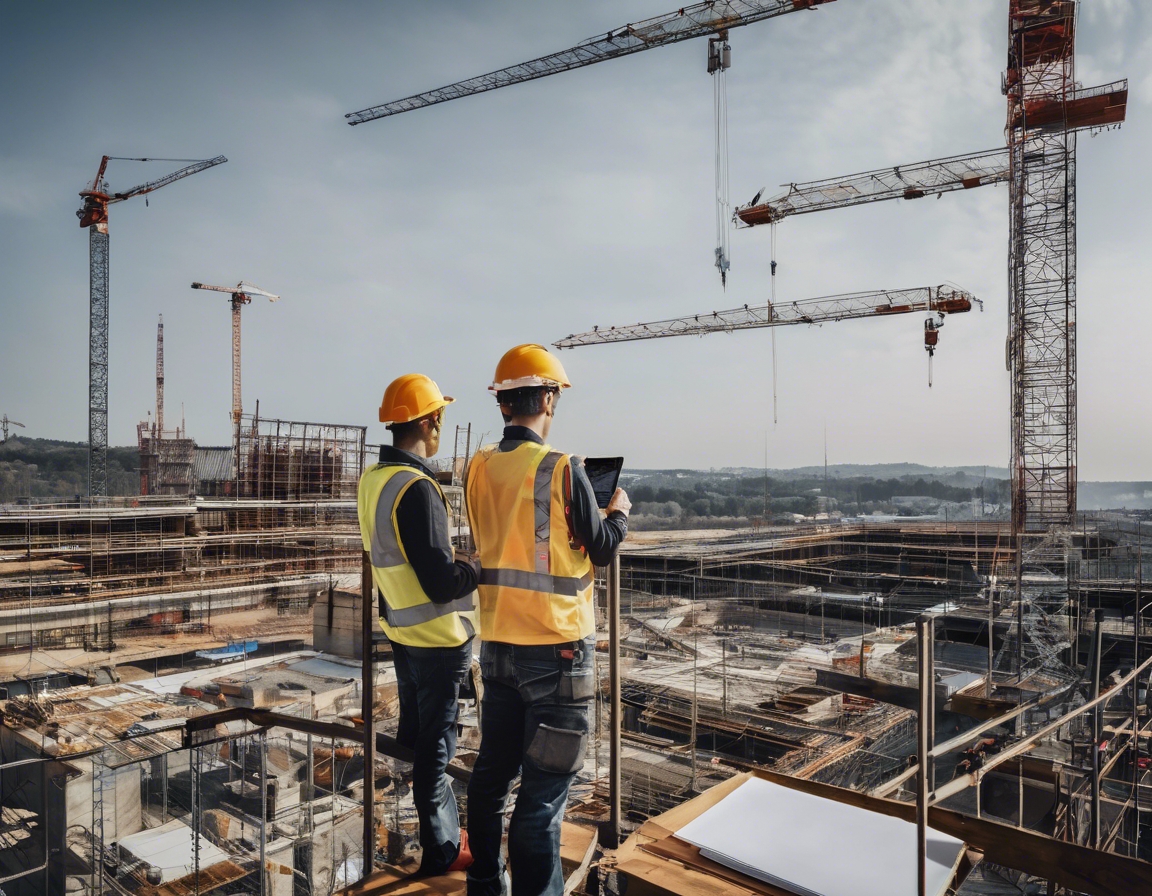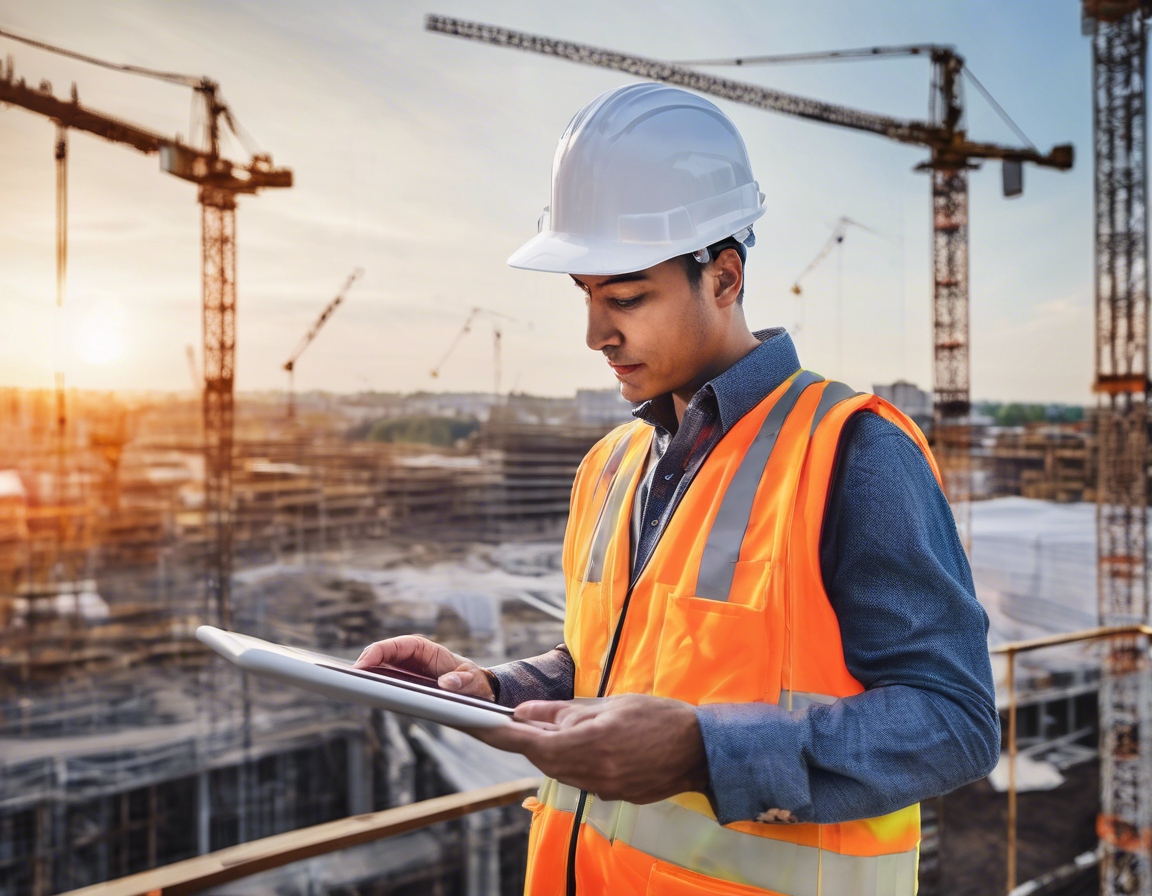Navigating building permits: a comprehensive guide
Building permits are essential authorizations issued by local government agencies that allow the construction, renovation, or demolition of a building. They ensure that the proposed work complies with local standards for land use, zoning, and construction safety. For real estate developers, urban planners, and construction companies, understanding the intricacies of building permits is crucial for the successful execution of projects.
2. Understanding the Importance of Building Permits
Building permits serve as a regulatory measure to ensure that construction projects adhere to safety standards and zoning laws. They protect the interests of property owners, occupants, and the community by ensuring that buildings are safe and compliant with local codes. Additionally, permits help in maintaining the aesthetic and functional integrity of urban areas.
3. Types of Building Permits
These permits are required for new residential constructions, additions, or significant alterations to existing homes. They cover aspects such as structural integrity, electrical systems, plumbing, and energy efficiency.
Commercial permits are necessary for the construction or renovation of business properties. They often involve more complex regulations due to the potential impact on public safety and the environment.
Special permits may be required for unique projects that do not fit standard categories, such as historical restorations, environmental conservation efforts, or large-scale developments.
4. The Building Permit Process
This stage involves researching local building codes and zoning laws to ensure the project aligns with regulatory requirements. Engaging with local authorities early can provide valuable insights and prevent future obstacles.
Submitting a complete and accurate application is crucial. This includes detailed plans, specifications, and any required documentation. Incomplete applications can lead to delays or rejections.
During this phase, the submitted plans are reviewed by the relevant authorities to ensure compliance with building codes and regulations. Feedback may be provided, requiring modifications to the plans.
Once the plans are approved, the permit is issued, allowing construction to commence. It is important to adhere to the conditions outlined in the permit to avoid penalties or project halts.
Inspections are conducted at various stages of construction to ensure compliance with the approved plans. A final inspection is required for the project to receive a certificate of occupancy.
5. Common Challenges in Obtaining Building Permits
Navigating the complex web of local, state, and federal regulations can be daunting. Staying informed about changes in legislation is essential for compliance.
The volume of paperwork required can be overwhelming. Ensuring all documents are complete and accurate is vital to avoid delays.
Delays in the permit process can occur due to incomplete applications, non-compliance with regulations, or high volumes of applications. Understanding common pitfalls can help mitigate these issues.
6. Tips for Successfully Navigating Building Permits
Starting the permit process early and conducting thorough research can prevent many common issues. Understanding local regulations and requirements is key.
Hiring experienced architects, engineers, and consultants can streamline the permit process. Their expertise can help navigate complex regulations and ensure compliance.
Utilizing digital tools and software can enhance efficiency in managing documentation and tracking the permit process. Technology can also facilitate communication with regulatory bodies.
7. The Role of Building Permits in Sustainable Development
Building permits often incorporate energy efficiency standards, promoting the use of sustainable materials and technologies. This aligns with the growing demand for eco-friendly construction practices.
Permits may require assessments of the environmental impact of a project, ensuring that developments are sustainable and minimize harm to the ecosystem.
Building permits can drive innovation by encouraging the adoption of new technologies and methods that enhance sustainability and energy efficiency in construction projects.






Comments (0)